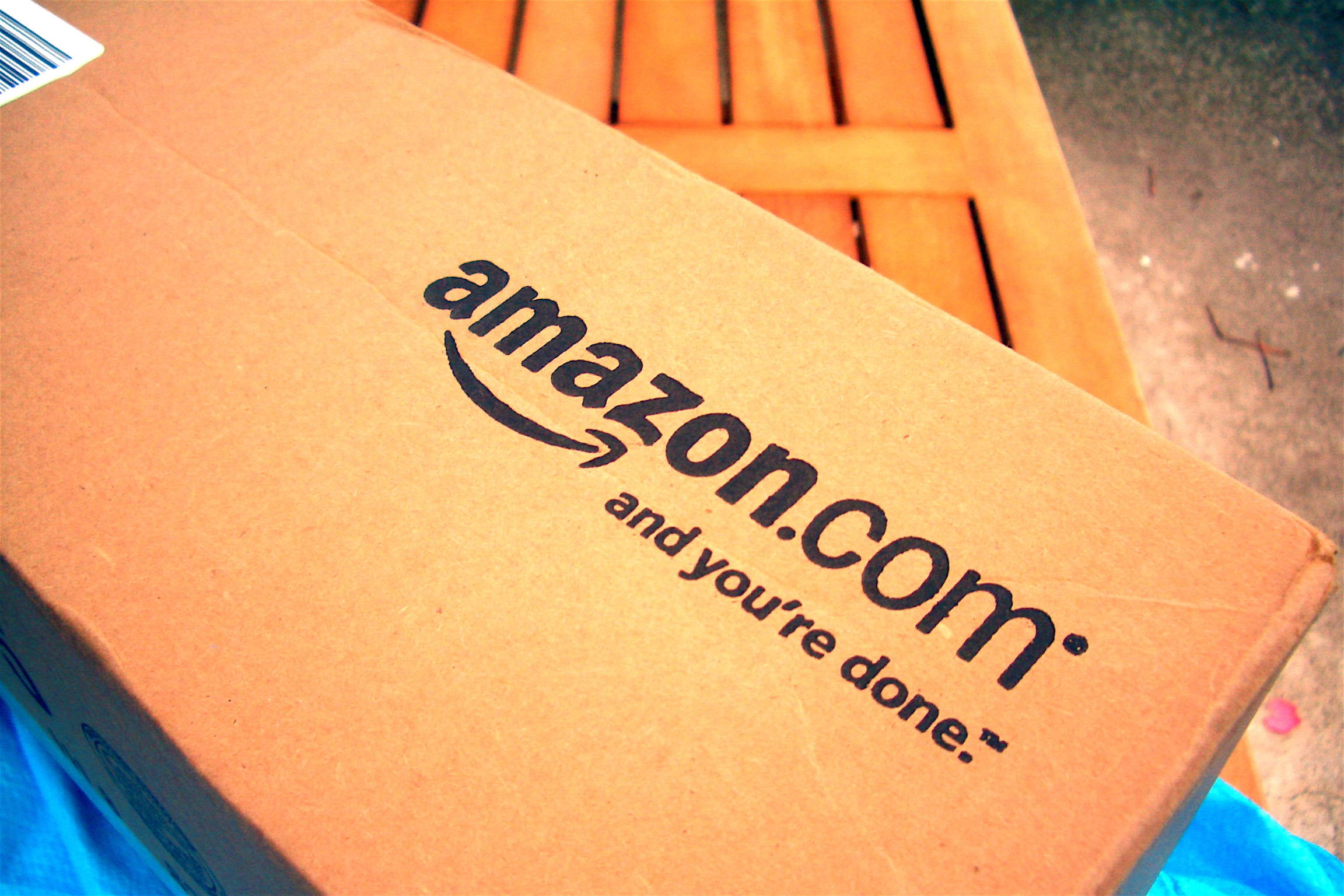
For the first time ever, online retail giant Amazon has become the largest publicly traded company, in terms of market cap.
Shares in tech giants have been unpredictable in recent months. Back in August Apple became the world’s first trillion-dollar company, when shares reached $207.05. Amazon quickly followed, reaching the milestone a month later.
Since then, Apple’s stocks have fared less well, with share prices falling by 37% since October, leading the company to be overtaken by Microsoft and Amazon in the pecking order. It is now valued at $702bn.
Although both have now dropped from the trillion-dollar spot, with Amazon now worth a fifth less than in September, it has overtaken both Apple and Microsoft for the first time to become the largest publicly traded company after a successful festive season. This was after shares rose more than 3% on Monday bringing its market value to $797m.
Microsoft briefly held the top spot, after it eclipsed Apple in November. Alphabet, Google’s parent company, also overtook Apple.
Apple has fallen victim to Trump’s trade wars
Some believe that Apple’s falling share prices are a reflection of the ongoing tensions between the US and China, with President Trump imposing extra trade tariffs on around $200bn of Chinese imports. China has in turn placed tariffs on $60bn worth of US goods.
This has led to uncertainty surrounding US brands in the country, with consumers threatening to boycott products.
This may spell trouble for Apple, which generates a significant proportion of its profits overseas, particularly in China, which accounts for 20% of revenue.
At the start of the year, Apple appeared to be immune to the global decline in the demand for smartphones, but demand for iPhones is indeed slowing, particularly in China. Last year, the company announced that it would stop publishing iPhone sales, as well as reports that production orders have been reduced, leaving investors wary that sales of the company’s signature product may not be performing as well as previous quarters.
Last week, Forbes reported that Apple had lowered its revenue guidance for the next quarter from $93bn to $84bn after not meeting its revenue forecast for the last three months of 2018. In its worst day since January 2013, Apple shares fell by almost 10% in just one day last Thursday.
In a letter to investors, Apple CEO Tim Cook blamed “economic deceleration” in China for the company’s recent decline.
Trying times for the big five
However, this volatility has not just been felt by Apple, with Amazon’s stock falling 25% last quarter, despite today’s reports suggesting otherwise.
Tech stocks in general have had a difficult few months, with the top five tech giants (Facebook, Amazon, Apple, Netflix, and Google) all experiencing fluctuations, with the big five seeing $1 tn wiped from their collective market caps since their peak last year. With many companies experiencing scandals related to data privacy, Facebook’s shares fell by highs of 33.7% last year.
Despite dominating the market, as innovation slows, and market saturation means that sales are stalling, tech companies find themselves reliant on foreign and emerging markets. In the in the words of Citi, which lowered its Apple price target to $200 a share, “trade wars are bad for tech stocks”.



